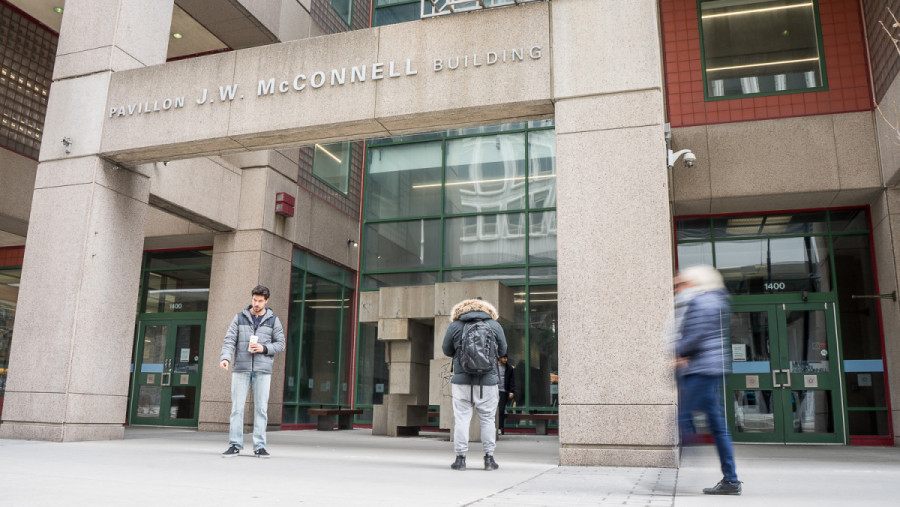Historic Superior Court win for trans and non-binary individuals in Quebec
Concordia’s Centre for Gender Advocacy describes it as momentous “human rights decision”
On Jan. 28, Concordia’s Centre for Gender Advocacy received a historic result from a lawsuit they filed with the Superior Court of Quebec.
The CGA—Concordia’s fee-levy organization that seeks to promote gender equality, particularly for marginalized people—filed the lawsuit in 2014 together with four other plaintiffs. In the lawsuit, they argued that 11 articles in the Quebec Civil Code violated rights under the Quebec Charter of Human Rights and Freedoms and the Canadian Charter of Rights and Freedoms.
The lawsuit mainly advocated for the rights of four different trans communities: trans parents, trans youth, trans people without citizenship, and those who do not want the obligation to have gender pronouns on their identification cards.
In their press release, the CGA said the superior court “asserted” several rights of trans and non-binary people.
The court has deemed illegitimate the requirement that people can only be designated either male or female.
In a win for trans and non-binary individuals without status, the court has also struck down the requirement that one has to be a Canadian citizen in order to change one’s name or gender. They have also struck down the requirement for a medical evaluation for trans youth.
They have also decided that parents can alter their designation on their children’s birth certificate to “parent,” instead of being limited to “mother” or “father.”
“This decision will ensure that every parent can identify themselves correctly on their child’s birth certificates, which is so important for the health and safety of trans and non-binary parents and their children,” said Jenna Jacobs, a co-plaintiff in the case and trans mother of two.
There were some unfortunate losses, however; the court did not strike down the requirement to designate the sex of a baby at birth without exception, even in the case for intersex individuals. Nor did they strike down a parent’s ability to veto their child’s name-change.
“We continue to study the Court’s reasons and consider the next steps,” the CGA said in their press release.
Amanda, advocate and public educator with the CGA, discussed the lawsuit with The Link in 2018: “[Trans and non-binary] people are still denied legal recognition and face transphobic discrimination because of laws that hinder their full participation in civil society and which continue to erase their existence [...] in face of transphobic violence and in face of transphobic discrimination, there’s also a lot of trans resilience coming from trans communities.”
Read more: Quebec To Be Taken to Superior Court for Alleged Discrimination Against the Trans Community




_600_375_90_s_c1.jpg)
_600_375_s_c1.png)
_600_375_90_s_c1.jpg)
